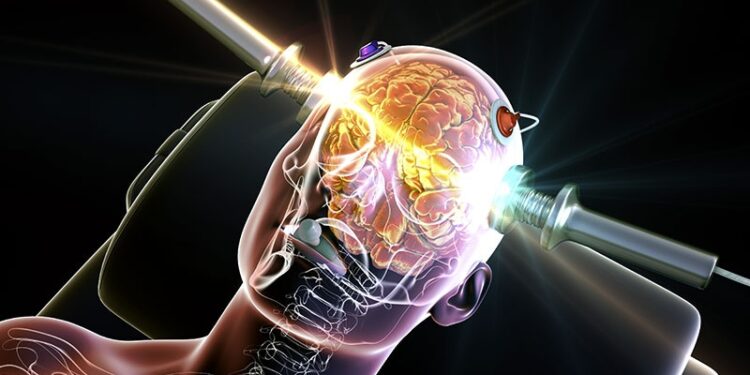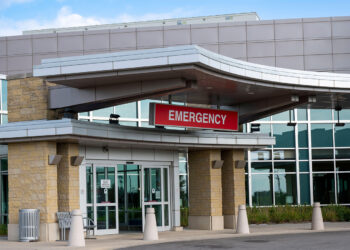TOPLINE:
Electroconvulsive therapy (ECT) was associated with significantly greater response and remission rates in people aged 85 years or older with depression than in those aged 18-35 years and with fewer treatment-related adverse events (AEs), a new study showed. Individuals in the oldest age group who received ECT also reported fewer hospital readmissions than adults in the same age group who were not treated with ECT.
METHODOLOGY:
- This nationwide Swedish register study included more than 500 oldest-old patients, defined as aged 85-99 years (72% women), treated with ECT for depression. Two propensity score-matched control groups with depression were also included: those aged 18-35 years treated with ECT (n = 522) and those aged 85-96 years not treated with ECT (n = 522).
- Data were obtained from the Swedish National Quality Register for ECT, Swedish National Patient Register, and Swedish National Cause of Death Register, and rates of response to ECT and remission from depression were calculated.
- Measures included clinician-reported AEs, prognostic factors including comorbidities and treatment parameters, AEs requiring hospitalization within 1 week from discharge, and deaths within 1 week from discharge.
- Response was evaluated using the Clinical Global Impression Improvement rating, assessed by treating physicians within 1 week post-ECT. Remission was defined as having a Montgomery-Åsberg Depression Rating Scale-Self Assessment total score of 10 or less post-ECT.
TAKEAWAY:
- Compared to younger patients who received ECT, those aged 85 years or older who received the treatment reported significantly higher rates of response (82% vs 67%; odds ratio [OR], 2.4; P < .001) and remission (53% vs 27%; OR, 4.2; P < .001).
- Fewer members of the older ECT group experienced AEs during the treatment than the younger ECT group (20% vs 23%), including memory impairment (8% vs 13%).
- The older ECT group also had significantly fewer hospitalizations within 1 week of discharge than those in the same age group who did not receive ECT (6% vs 14%; OR, 2.7; P < .01). In the older age group, two patients in the ECT group vs nine in the non-ECT group died during or within 1 week of ECT.
- Severe psychotic depression was the only significant prognostic factor associated with response and remission in the older ECT group.
IN PRACTICE:
“The results suggest that ECT could be a viable treatment for depression” among patients aged 85 years or older, the investigators wrote.
SOURCE:
This study was led by Tor Arnison, PsyD, PhD, School of Medical Sciences, Faculty of Medicine and Health, Örebro University, Örebro, Sweden. It was published online on June 19 in The American Journal of Geriatric Psychiatry.
LIMITATIONS:
Limited information could be derived from national registers. The assessment of response to ECT relied on clinical evaluation using the Clinical Global Impression Improvement scale, and clinician-reported AEs may have been underreported. Concurrent use of antidepressants in the ECT group and the use of unknown therapies in the non-ECT group may have introduced additional confounding. A selection bias may also have persisted despite propensity matching.
DISCLOSURES:
This study was funded by Forskningskommittéen at Region Örebro County and Nyckelfonden at Örebro University Hospital. The investigators reported having no relevant conflicts of interest.
This article was created using several editorial tools, including AI, as part of the process. Human editors reviewed this content before publication.
Source link : https://www.medscape.com/viewarticle/ect-more-effective-depression-older-adults-than-younger-2025a1000ixy?src=rss
Author :
Publish date : 2025-07-17 11:24:00
Copyright for syndicated content belongs to the linked Source.








